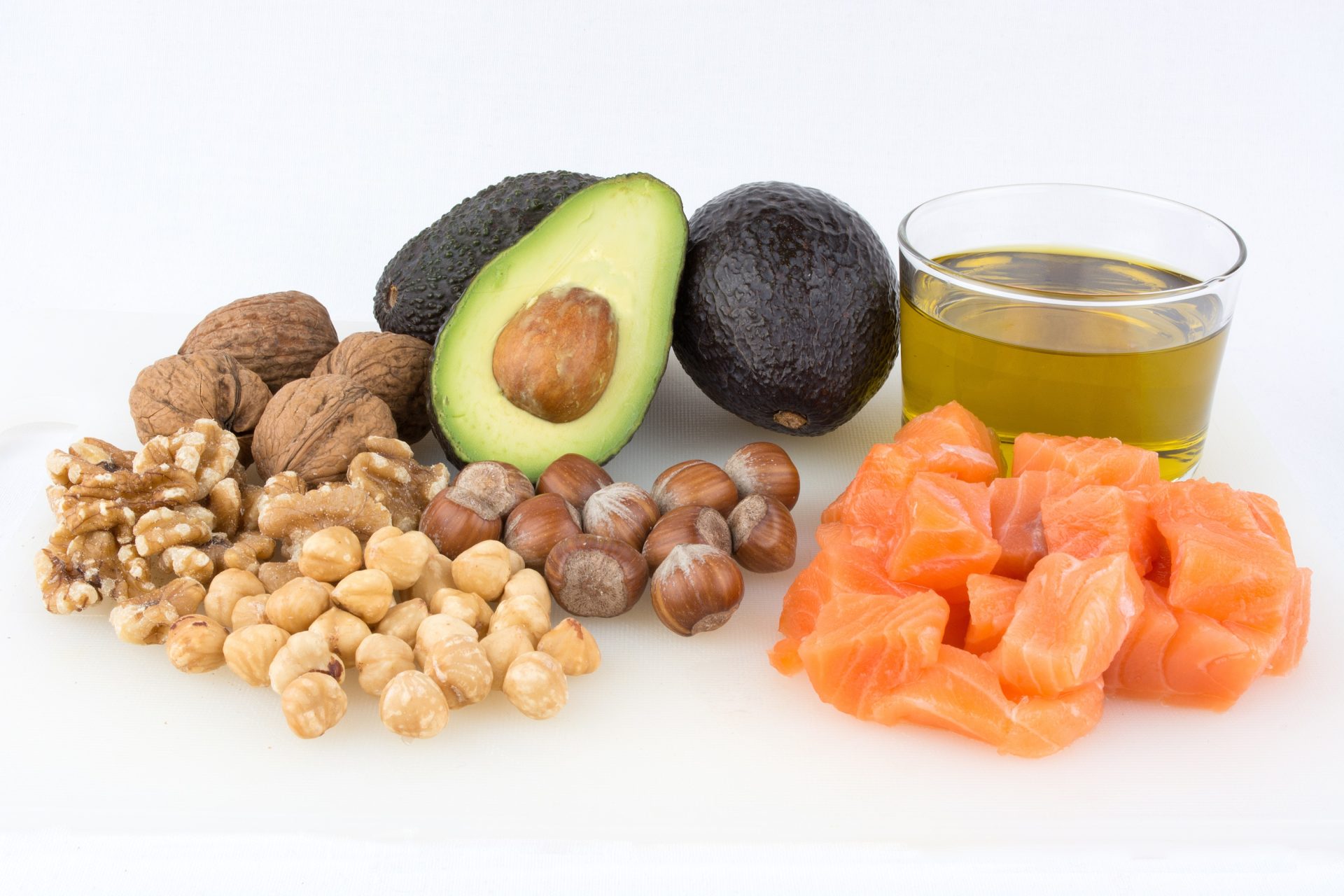
Contributing 9 calories per gram, fat as a macronutrient is a calorie heavy weight.
And for decades, one of the first things that people who were trying to lose weight would turn to was low-fat diets… Because low fat diets are generally also known to be low calorie diets.
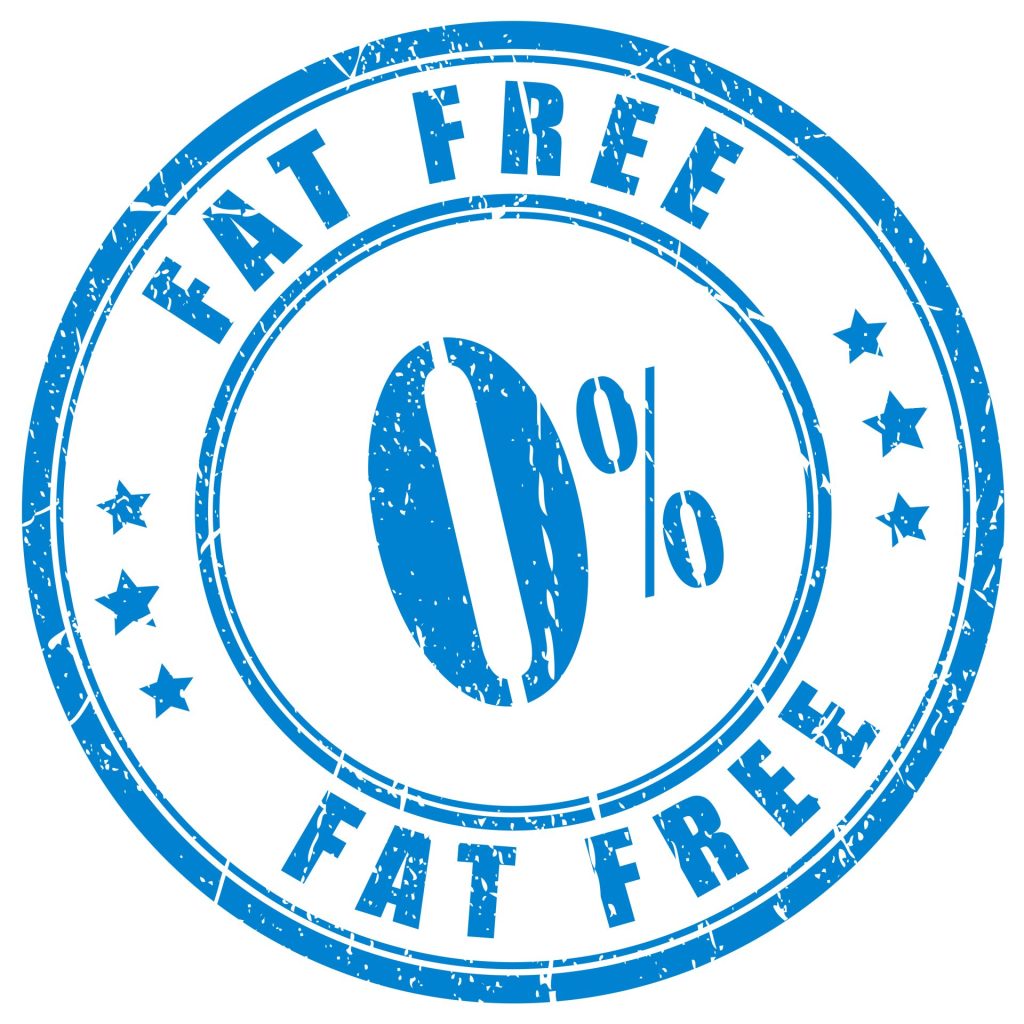
But these lower calorie, diet food products tend to have more sugar, salt, and additives in order to compensate for decreased taste. Along with other properties more specific to each food, this generally leads to a greater chance of overeating such foods based on biological and/or psychological cravings. This is not a healthy or sustainable way of eating, to put it lightly.
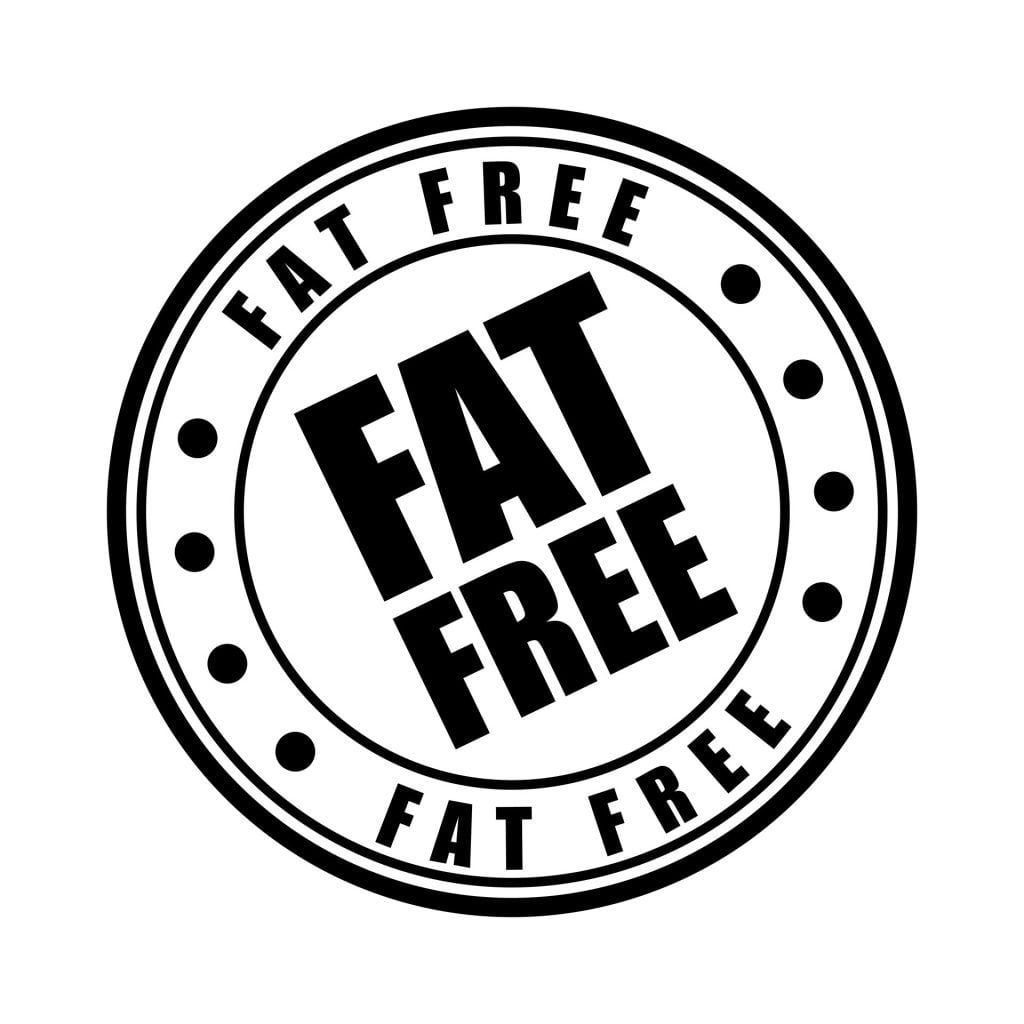
As many of you likely know, fats are a great source of energy (over twice that of carbs or protein) and provide essential building blocks for the cells in your body – and certain types of fat can actually help keep your heart healthy.
As is widely known now, certain fats such as Omega-3s and Omega-6s are labeled as essential fatty acids. Without consuming these essential fats, we simply don’t function properly and a host of health issues occur. They are essential because our bodies don’t make them.
Omega-3 fatty acids specifically protect against heart disease by lowering blood cholesterol levels, helping control triglycerides, mitigating inflammation, and reducing blood pressure. Healthcare professionals say omega-3 polyunsaturated fatty acids may also help reduce the symptoms experienced by people who suffer from arthritis, joint problems in general, and some skin diseases.
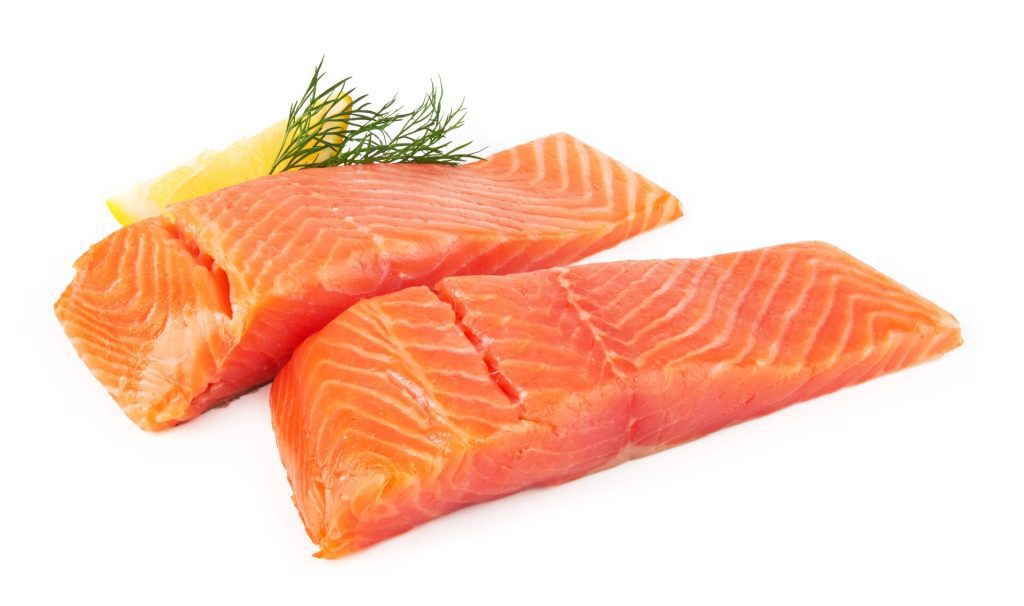
It is very important to understand that fat is essential in a healthy and balanced diet, and it is not only the amount of fat we eat that matters but the specific type.
With that said, you may now be wondering…
What are the different types of fat?
Basically, there are two different types of fats – unsaturated (the “Good” fats) and saturated (the “Not So Good” fats). Within each group are several more types of fats.
Unsaturated (good) fats play an important role in keeping your heart healthy and brain sharp. These good fats are specifically known as monounsaturated and polyunsaturated.
Saturated fats and trans fats, on the other hand, are the “Not So Good” type as they can raise cholesterol levels.
First we’ll discuss the “Good” Fats
Polyunsaturated fats are found in oily fish, nuts and seeds, and certain plant oils such as sunflower oil and soft margarine.
Monounsaturated fats are found in olive oil, rapeseed oil, some nuts and avocados.
Both polyunsaturated and monounsaturated fats have been shown to lower cholesterol levels, helping to keep your heart healthy. Unsaturated fat also provides omega-3 and -6 fatty acids.
Both Poly and Mono Unsaturated fats are liquid at room temperature (RT) or oil.
Now the “Not So Good”
Both Saturated and trans fats can raise cholesterol levels.
Trans fats are particularly bad for heart health as they not only increase levels of bad cholesterol (LDL) but also decrease your levels of good cholesterol (HDL). Trans fats stand out as a health concern especially as they do not provide any real nutritional benefits; they were mainly created to lengthen the shelf-life of food products.
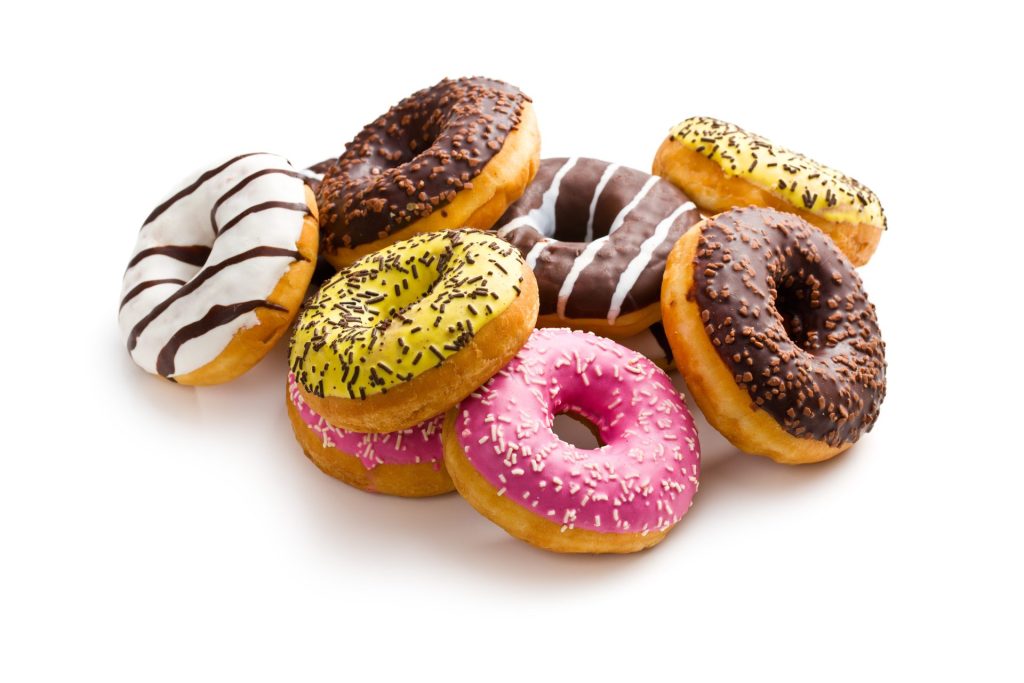
Saturated fats are found in butter, fatty meats, cheese, and whole milk, while trans fats are synthetically-made and mainly found in processed foods, such as cakes, and pastries. These fats are solid at RT- an example being lard.
Snack foods, fast food, and baked goods all contain trans fat- unless intentionally removed.
Replacing some saturated fats with unsaturated fats (eg. butter with oil), and adding unsaturated foods to your diet (eg. ground flax seeds to your oatmeal) can help lower cholesterol levels and reduce your risk of heart disease.
Here are some fats and oils to look out for if your thinking to try swapping or adding some nutritious fats:
Saturated and Trans fats – Butter, Lard, Processed lunch meat, Poultry/poultry skin, Coconut products, Palm oil/ palm kernel oil products, Fatty dairy products, Partially hydrogenated oils
Polyunsaturated fats – Corn oil, Fish oil, Soybean oil, Safflower oil, Sesame oil, Nuts, Seeds
Monosaturated fats – Canola oil, Almond oil, Walnut oil, Olive oil, Peanut oil, Avocado, Olives, Peanut butter




